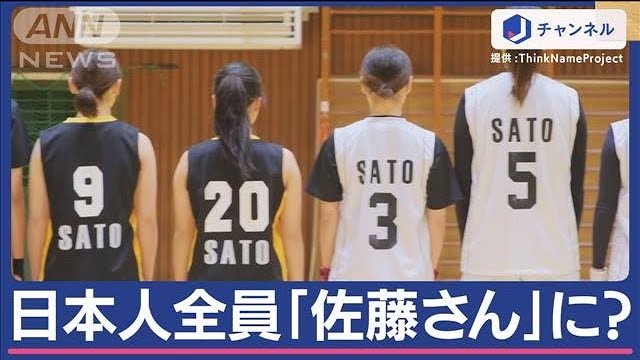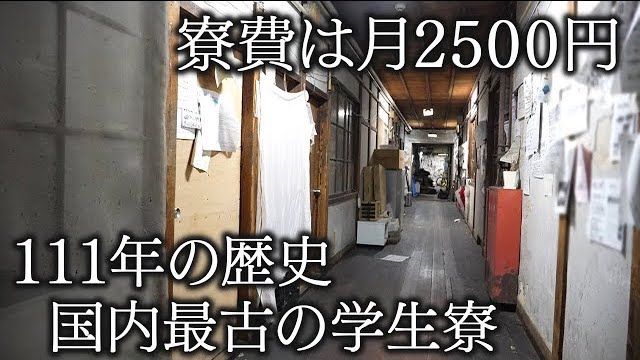Japan's university entrance examination system is scheduled for an overhaul in 2020. The planned changes in English-language testing are a particular target of attention.
English is one of the subjects included in the National Center Test for University Admissions, but under the new system seven private-sector English tests are to be used instead. Third-year high school students will be able to choose a test and take it either once or twice during the period from April (when the school year begins) through December. Supporters of the reform assert that it will lead to an improvement in students’ English ability because unlike the current test, which they say is tilted toward reading and listening, the private tests measure all four basic language skills: reading, writing, listening, and speaking. They are particularly enthusiastic about the addition of speaking as one of the tested skills, believing that this will produce a dramatic rise in usable English competence.
If one considers the matter, though, these assertions are suspect. How is the introduction of a new testing system supposed to lead to greater competence even though there are no particular plans to change the methods of instruction? The only significant new feature that will accompany adoption of a “four skills†approach will be the addition of a speaking-skill section. And the formats of each of the seven private-sector tests follow set patterns. Both students and teachers are likely to concentrate on preparing for the test the students will take, using methods tailored to achieving quick gains in scores, and relegate conventional English studies to second place. With this sort of focus, the tests are highly unlikely to promote “usable†English ability; on the contrary, they are liable to cause competence to decline. Furthermore, the organizations that operate the tests also sell collections of sample questions to help students prepare. And there are reports that the rival organizations have started to compete with each other for examinees by inflating their scores. This hardly seems like a picture of fair testing.
Frankly, the adoption of the “four skills†concept is little more than an excuse for getting private-sector organizations involved in the testing process. The division of language capabilities into four categories is just for convenience; when we use English we are not relying on four different parts of our brain. And the idea that just having a speaking test will lead to speaking ability is an illusion. If students are required to practice speaking for a test, they will get tense and find it harder to speak. Furthermore, the reliability of the scoring system is poor. What we should actually be aiming for is not an outdated system of teaching separated skills but a system of integrated learning with students’ own interests and choices as the core.
Some media reports suggest that collusion was a factor behind the move to involve private-sector organizations in the testing process—collusion between Shimomura Hakubun, education minister from 2012 to 2015, and businesses involved in teaching and testing English. A number of individuals involved in the English testing business were in fact members of the government panel that deliberated the introduction of private-sector testing as part of the university entrance examination system. This policy, which seems to have been adopted to advance the interests of particular organizations, is riddled with faults and should be ended immediately. But the lack of proper direction in our country’s English-teaching policies is also due in part to our own deep-seated misconceptions regarding the language-learning process. We must recognize and correct these misconceptions. Otherwise, even if we manage to improve the contents of the upcoming reforms, we will run into similar problems in the future. And we will be unable to improve students’ English abilities or to achieve greater international competitive strength. In what follows I will address one misconception in particular: the illusion of speaking ability as something that can be studied and acquired as a distinct skill.










